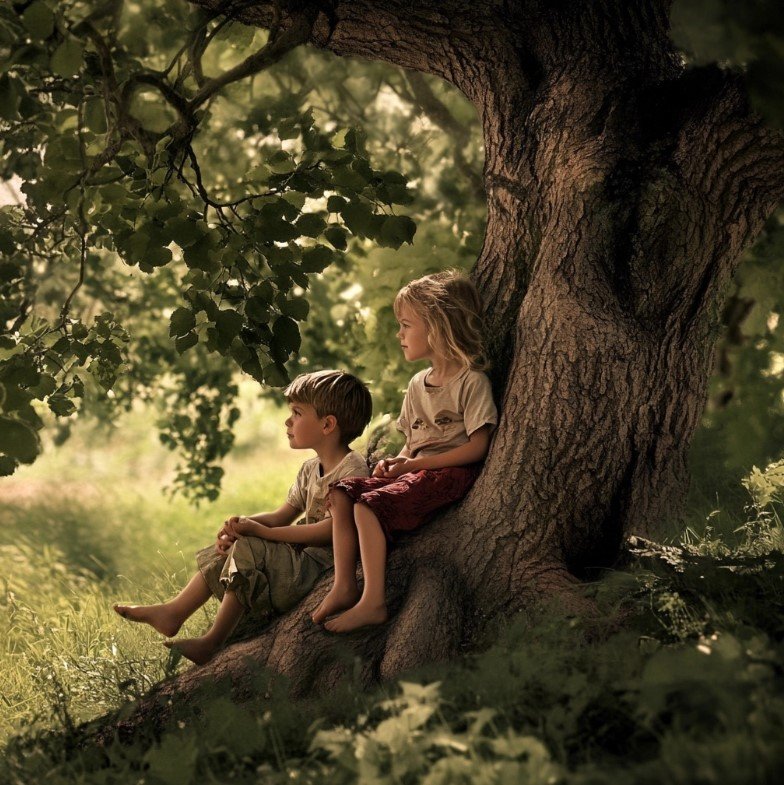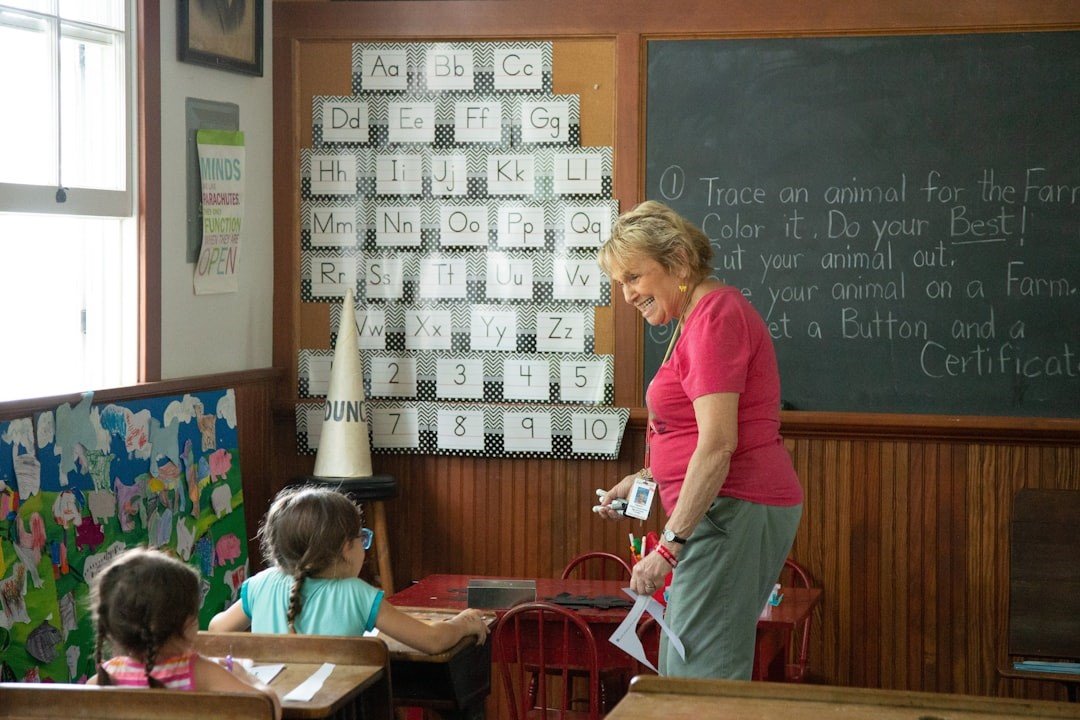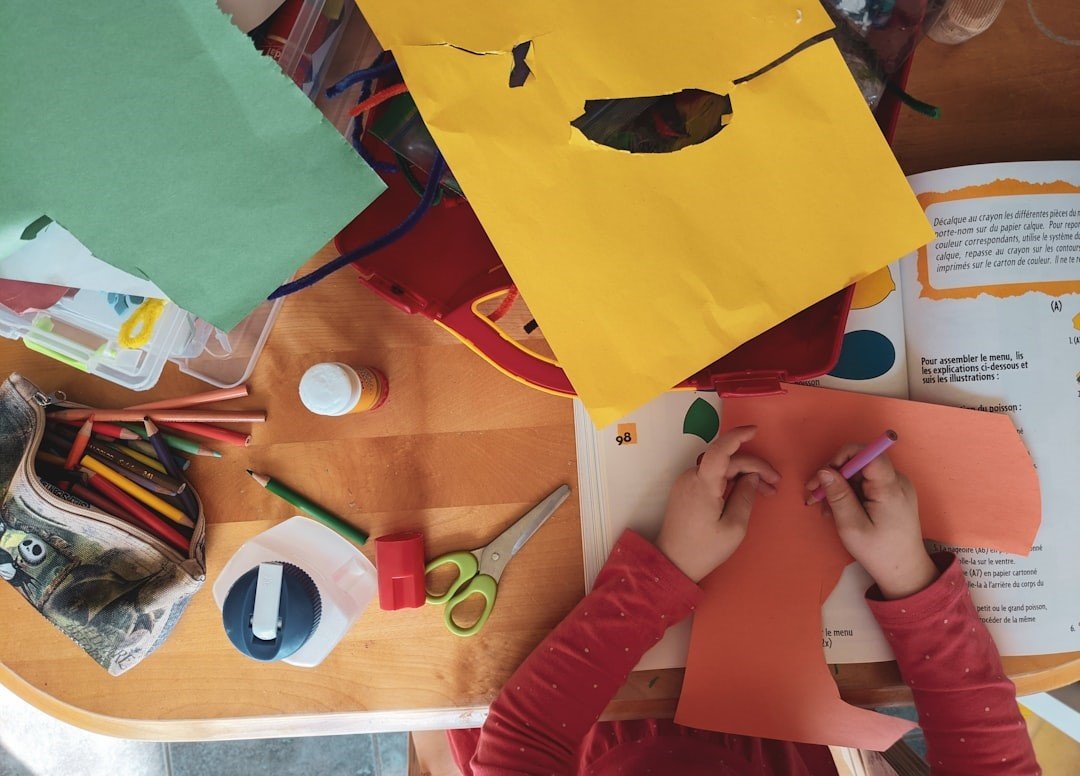Back to the Wild: Why Your Kids Need Nature More Than Ever
Remember when playing outside meant exploring forests, catching frogs, and climbing trees—without worrying about screen time limits or wi-fi signals? Those were the days! But somewhere along the way, we’ve traded dirt under our nails for pixels on a screen, and our kids are missing out on something crucial. Nature.
If you’re raising modern children, you’ve probably noticed the growing gap between kids and nature. It’s as if Mother Nature herself has become obsolete, overshadowed by the dazzling allure of apps and high-tech gadgets. But fear not! I’m here to convince you that rekindling your child’s relationship with nature isn’t just possible—it’s essential. And guess what? It can be fun, too!
Why Have We Drifted So Far from Nature?
First, let’s talk about how we ended up here. In 2009, Oxford University Press made a bold move. They decided to swap out words like ‘acorn’, ‘blackberry’ (the fruit, not the phone!), and ‘magpie’ from their Oxford Junior Dictionary in favor of modern terms like ‘blog’, ‘voicemail’, and ‘broadband’.
Yes, they traded a ‘magpie’ for ‘megabytes’! If this doesn’t scream, “We’ve lost touch with nature,” I don’t know what does.
Our surroundings have shifted from lush green fields to digital landscapes, and while technology offers its own set of benefits, our kids are losing out on the priceless experiences only nature can provide. We’ve paved over playgrounds with artificial turf and swapped natural parks for theme parks. Instead of teaching our children how to climb trees, we’re coaching them on how to level up in a video game. It’s a brave new world, sure—but is it the right one for our kids?
The Transformative Power of Nature for Kids
Nature is more than just a “nice to have.” It’s a game changer for your child’s emotional, moral, and physical development. You know those moments when your kid suddenly turns into a philosopher, pondering the mysteries of the universe? That’s nature’s doing.
Take this real-life example: A dead kitten appeared in our front yard last week. A careless driver must hit it. Gross, right? My initial reaction was to shield my kids from it, but then I thought, “What if this could be a learning experience?” Instead of whisking it away, we held a funeral. Yes, a ‘funeral’ for a kitten.
My kids were horrified at first, but by the end, they had a deeper understanding of life and empathy. They even dug a little grave and said some heartfelt words (okay, there was a lot of giggling, but the sentiment was there!). This kind of raw, emotional experience—courtesy of nature—teaches kids about life, death, and everything in between.
The Science-Backed Benefits of Nature
Beyond the life lessons, spending time outdoors has solid mental and physical perks. Studies show that kids with depression, ADHD, and autism see significant improvements when they spend more time in nature. Why? Because nature has this magical ability to calm and focus the mind. It’s like handing your child a giant, peaceful reset button.
Nature promotes physical activity, improves attention spans, reduces stress, and boosts creativity. Children who are cooped up in artificial environments are more likely to suffer from behavioral and neurological disorders. We’ve all heard of “nature therapy,” right? Well, it’s not just for adults! Your child can benefit from this natural dose of mental peace just as much (if not more).
Practical Tips for Reconnecting Kids with Nature (Without the Drama)
Alright, so you’re sold on the idea of reconnecting your child with the great outdoors. But now comes the tricky part: How do you get them to trade their Nintendo Switch for a walk in the woods? Here are some practical, no-fuss ways to make nature a daily part of your family life:
1. Create a Nature Journal (Yes, Even for the Non-Artsy Types)
Buy your kids a simple notebook and let them create their very own nature journal. Each week, head outside to explore. Whether it’s the backyard, a park, or even the sidewalk, there’s always something to discover. Your child can sketch plants, glue dried leaves, or write down observations. If they’re more tech-savvy, let them take photos with your phone and add them to their journal later. The key is to make this activity fun and stress-free—no pressure to draw the *perfect* tree!
2. Plan “Micro-Adventures”
You don’t need to trek across the Amazon to have an adventure. Plan small, spontaneous outings that mix exploration with excitement. Take a nighttime walk to spot bats, frogs, or even fireflies (bonus points if you get to explain bioluminescence!). Or, bring a magnifying glass and let your kids investigate the tiny ecosystems in a handful of soil. Adventure can be found in the smallest places.
3. Get Dirty: Gardening 101
Kids love to get their hands dirty. Instead of fighting it, why not encourage it with a little backyard gardening? No backyard? No problem. A windowsill herb garden or a few potted plants will do the trick. Let your kids pick out seeds, plant them, and watch their tiny garden grow. Not only does this teach responsibility, but it’s also a lesson in patience, science, and, well, dirt.
4. Unplug Days
Declare one day a week as an “unplugged day” where everyone—yes, even you—puts away screens and spends time outdoors. It doesn’t have to be an all-day affair; even a couple of hours can make a huge difference. Go for a family hike, have a picnic in the park, or simply take a walk around the neighborhood. It’s less about what you do and more about being present in the natural world.
5. Incorporate Animals (Real or Imaginary)
If your child is an animal lover, use this to your advantage! Visit a petting zoo, go birdwatching, or even just look for bugs in the backyard. If you don’t have easy access to animals, tap into your child’s imagination: Create stories about the creatures you see—what do they eat? Where do they sleep? Are they secretly superheroes? Let nature be the inspiration for your next great adventure.
Bringing Nature Back into Focus
Ultimately, nurturing your child’s relationship with nature is about more than just getting them to play outside. It’s about teaching them to slow down, to observe, and to be present in a world that’s constantly rushing forward.
Nature is the perfect antidote to our fast-paced, tech-filled lives. By encouraging your kids to engage with the natural world, you’re setting them up for a lifetime of curiosity, empathy, and well-being.
So, go ahead—trade screen time for green time. Who knows? You might just rediscover your own love for the great outdoors along the way. And if your child returns home covered in mud with a pocket full of rocks? Well, consider it a win!













LEAVE A COMMENT